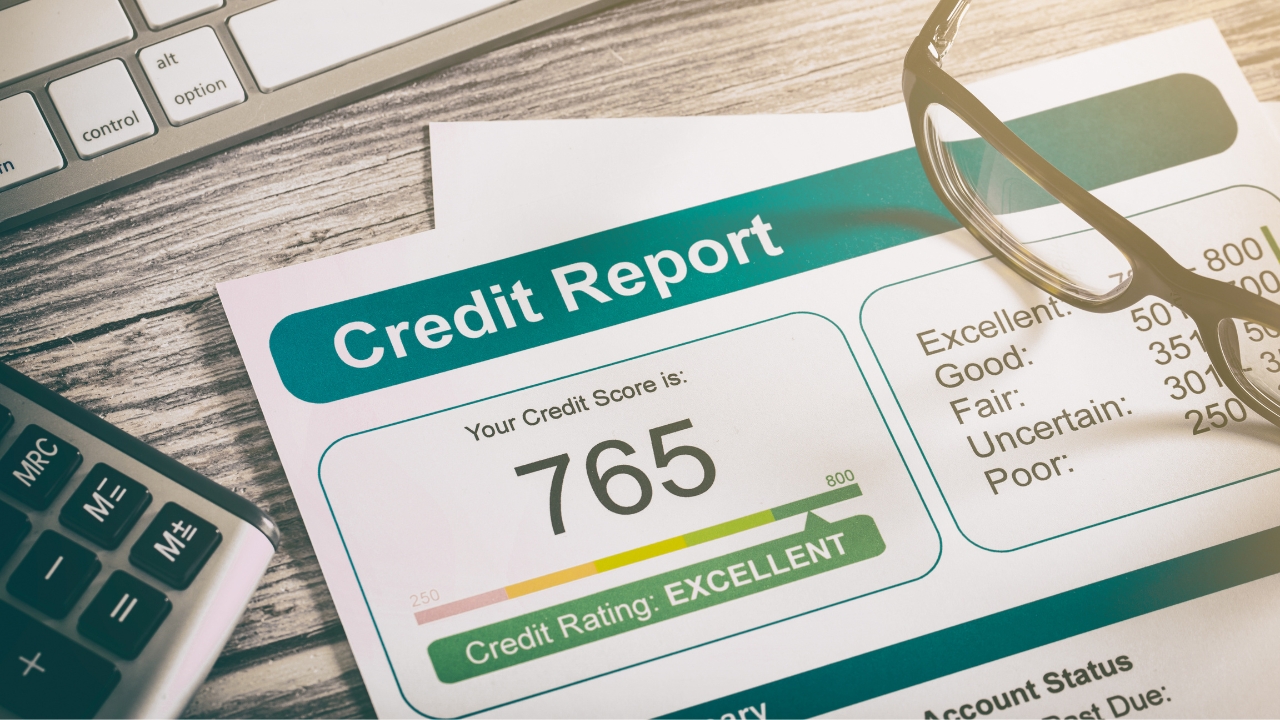
Understanding Credit Scores and Reports: A Comprehensive Guide
Credit scores and credit reports are crucial elements of personal finance that significantly impact your financial health and opportunities. Whether you're applying for a loan, buying a car, or renting an apartment, your credit score and report can play a vital role in these processes.
What is a Credit Score? A credit score is a numerical representation of your creditworthiness. It's derived from the information in your credit report and is used by lenders to assess the risk of lending you money. The most commonly used credit score is FICO, ranging from 300 to 850. The higher the score, the better your creditworthiness.
Factors Influencing Credit Scores Credit scores are calculated based on several factors, each with a different weight:
- Payment History (35%)
- Your history of on-time payments on credit accounts is the most significant factor.
- Amounts Owed (30%)
- This factor considers the total amount of credit and loans you use compared to your total credit limit, also known as credit utilization.
- Length of Credit History (15%)
- The length of time you've had credit accounts open.
- Credit Mix (10%)
- The variety of credit accounts you have, such as credit cards, mortgages, and installment loans.
- New Credit (10%)
- The number of recently opened credit accounts and hard inquiries from lenders.
What is a Credit Report? A credit report is a detailed record of your credit history. It includes personal information, credit account details, inquiries, and public records such as bankruptcies. The three major credit bureaus in the U.S. – Equifax, Experian, and TransUnion – compile these reports.
Components of a Credit Report
- Personal Information
- Includes your name, address, Social Security number, date of birth, and employment information.
- Credit Accounts
- Details about your credit accounts, including the type of account, the date it was opened, credit limit or loan amount, account balance, and payment history.
- Credit Inquiries
- Lists of companies or individuals who have accessed your credit report.
- Public Records
- Information on bankruptcies, foreclosures, liens, and judgments.
Why Credit Scores and Reports Matter
- Loan Approvals
- Lenders use your credit score to determine your loan eligibility and the interest rates they'll offer.
- Renting Property
- Landlords may check your credit report to decide whether to rent to you.
- Insurance Premiums
- Insurers may use your credit score to determine premiums for auto, home, and other types of insurance.
How to Obtain Your Credit Report and Score By law, you are entitled to one free credit report annually from each of the three major credit bureaus through AnnualCreditReport.com. While the report is free, there may be a fee to obtain your credit score. With the Members 1st Mobile App and Online Banking, we provide your credit score for free and update it quarterly. The score you're provided matches the score used by Members 1st for any loan decisions, so you know exactly what you qualify for ahead of time.
How to Improve Your Credit Score
- Pay Bills on Time
- Ensure all your bills are paid on time, every time. If necessary, set up automatic payments or reminders.
- Reduce Debt
- Pay down existing debt and keep your credit utilization ratio below 30%.
- Avoid Opening Too Many New Accounts
- Opening several new accounts in a short period can negatively impact your score.
- Check Your Credit Report for Errors
- Regularly review your credit report and dispute any inaccuracies with the credit bureaus.
- Maintain a Mix of Credit Types
- Having various credit accounts, such as credit cards, auto loans, and mortgages, can be beneficial.
Dealing with Errors on Your Credit Report If you find errors on your credit report, you should dispute them with the credit bureau that provided the report. This involves writing a dispute letter, including supporting documentation and following up to ensure the error is corrected.
Understanding your credit score and report is essential for maintaining financial health. By keeping track of your credit history, making informed financial decisions, and taking steps to improve your credit, you can ensure that you are well-prepared for any financial opportunities or challenges that come your way. Regularly monitoring your credit and proactively addressing issues will help you maintain a strong credit profile, opening doors to better financial options and security.
For more information and to access your free annual credit reports, visit AnnualCreditReport.com.




